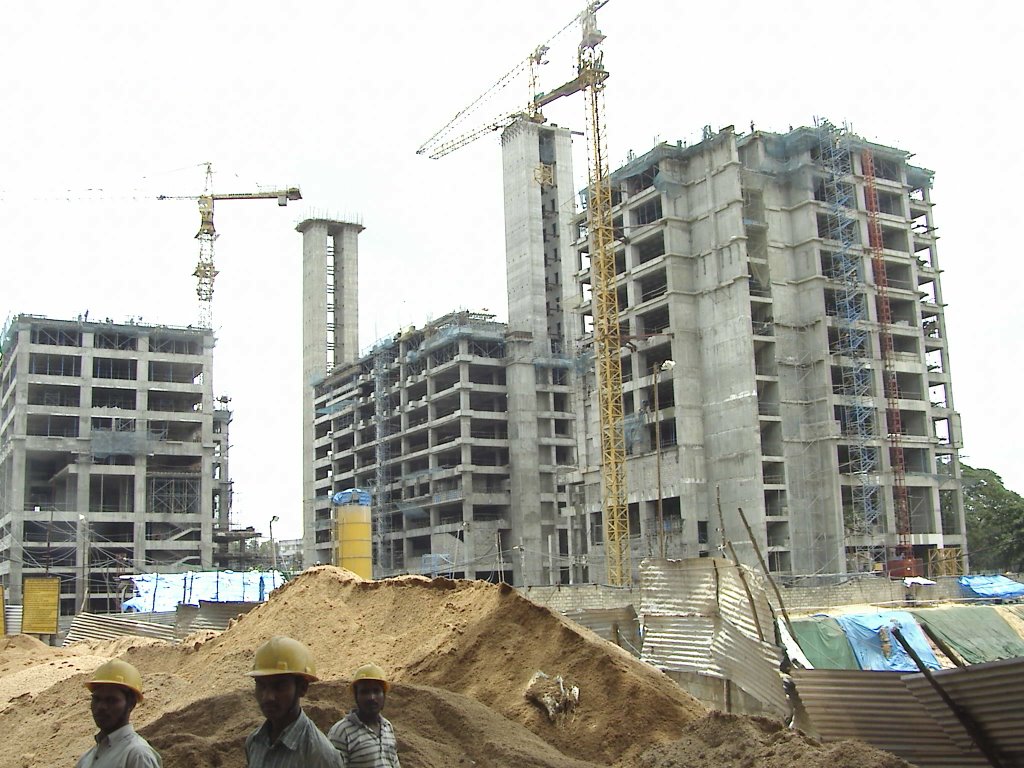
Every time I write a column saying that the good days of investing in real estate are over, I get newer theories on why I am wrong. The latest that I have heard is that the government will not allow real estate prices to fall. Oh and there is another one – the seventh pay commission will lead to an increase in salaries of government employees and the higher salaries will be ploughed into owning real estate.
The theories notwithstanding, the question to ask here is, why do Indians love owning real estate? The simple answer is that some of them have got black money to invest. And it’s not so easy to invest black money in other forms of investment like mutual funds, bank fixed deposits, etc. Further, you can see the real estate you own and get a sense of satisfaction from it. It’s a hard asset. The same is not true about other forms of investing.
Having said that if we left it at these reasons, it would be a very simplistic way of looking at the entire scenario. There are multiple other factors at work.
When it comes to real estate, how do minds of people work? Everyone knows someone who has bought a piece of real estate, some land or a home, at a very low price and sold it at a very high price. There are two behavioural biases at work here: anchoring and availability.
When you know of someone who has bought a flat at Rs 10 lakh and sold it at Rs 50 lakh, the Rs 50 lakh number gets anchored in your mind. As John Allen Paulos writes in A Mathematician Plays the Stock Market: “Most of us suffer from a common psychological failing. We credit and easily become attached to any number we hear. This tendency is called the “anchoring effect”.”
Then there is there the availability effect at work as well. Nobel Prize winning psychologist Daniel Kahneman defines the availability effect as the “ease with which instances come to mind”. If you know of someone who has bought a flat at Rs 10 lakh and sold it at Rs 50 lakh, you will recall this example almost immediately.
The anchoring and the availability biases will lead you to believe that there is a lot of money to be made in real estate. But what you are not taking into account is the actual cost of owning real estate. The interest you pay on the home loan. The stamp duty that needs to be paid initially. The property tax that needs to be paid every year. The maintenance charges that need to be paid to the society every month. The risk of owning an under-construction property (where real money is made). The risk of the builder increasing the price. The risk of the builder disappearing (as seems to be happening regularly these days). And so on.
Why are these factors not taken into account? Simply because there is only so much a human brain can process at a time and there is only a limited amount of time to make a decision. This is human weakness is termed as “bounded rationality”. The term was coined by social scientist Herbert Simon. Due to these reasons Indians are firm in their belief that real estate is the best form of investing. And this might have been even true between 2004 and 2013, when the returns from investing in real estate where pretty good.
But since then the returns from investing in real estate have been lower than what you would have made by letting your money sit idle in a savings bank account. The reason is very simple. The prices are way too high. In Bangalore, the weighted average price of a flat is Rs 88 lakh. Given the high prices, the demand has collapsed. And without demand there can be no price rise.
The story has changed and it’s time to wake up and smell the coffee.
(Vivek Kaul is the author of the Easy Money trilogy. He tweets @kaul_vivek)
The column originally appeared in the Bangalore Mirror on Aug 12, 2015